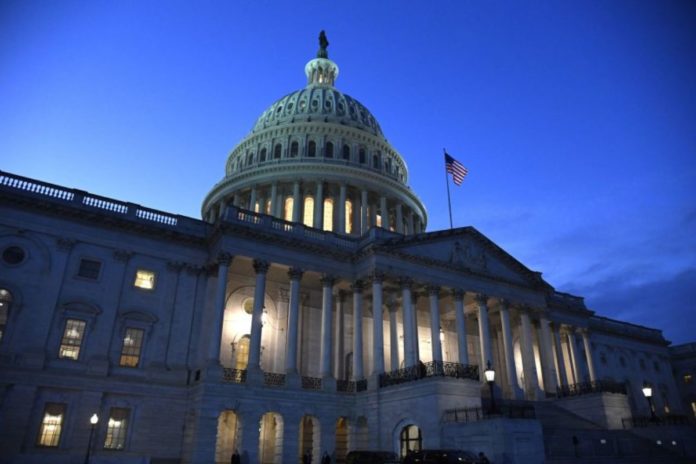The House of Representatives passed a $886 billion defense policy bill on Thursday, sending it to President Joe Biden for his signature. The bill, known as the National Defense Authorization Act (NDAA), authorizes funding and sets policy priorities for the Department of Defense for fiscal year 2024.
The NDAA, which passed the Senate on Wednesday, received bipartisan support in both chambers, but also faced opposition from some lawmakers over certain provisions. The House vote was 310 to 118, with 73 Republicans and 45 Democrats voting against it.
Key Features of the NDAA
The NDAA includes a number of provisions that affect the military and national security, such as:
- A 5.2% pay raise for service members, the largest increase in more than two decades, as well as improvements in housing, childcare, and other benefits.
- A short-term extension of Section 702 of the Foreign Intelligence Surveillance Act (FISA), a controversial law that allows the government to collect communications data of foreign targets without a warrant. The extension, which will last until April 19, 2024, has drawn criticism from some lawmakers who argue that the law infringes on Americans’ privacy and civil liberties.
- A special inspector general to oversee US assistance to Ukraine, which has been a source of contention between the US and Russia.
- A public archive of government records on unidentified anomalous phenomena (UAP), also known as UFOs, which have sparked interest and speculation among the public and the military.
The NDAA also omits two provisions that were in the original House version of the bill, but were dropped in the final compromise. These are:
- A repeal of the 1976 Hyde Amendment, which bans federal funding for abortion except in cases of rape, incest, or life endangerment.
- A requirement for the Pentagon to provide transgender health care access to service members and their dependents.
Next Steps for the NDAA
The NDAA is one of the few bills that Congress passes every year, as it is seen as essential for the national defense and the well-being of the military. President Biden is expected to sign the bill into law soon, as he has expressed his support for the legislation.
However, the NDAA is not the final word on defense spending, as it still needs to be matched by a separate appropriations bill that allocates the actual funds. Congress has yet to pass the appropriations bill for fiscal year 2024, which could face delays or changes due to the ongoing negotiations over the federal budget and debt ceiling.
Additionally, some lawmakers have vowed to continue their efforts to reform the FISA law and address the issues of abortion and transgender health care access in the future. Congressional leaders have said that they hope to reach a bipartisan agreement on FISA reforms that could pass both chambers in the new year.





